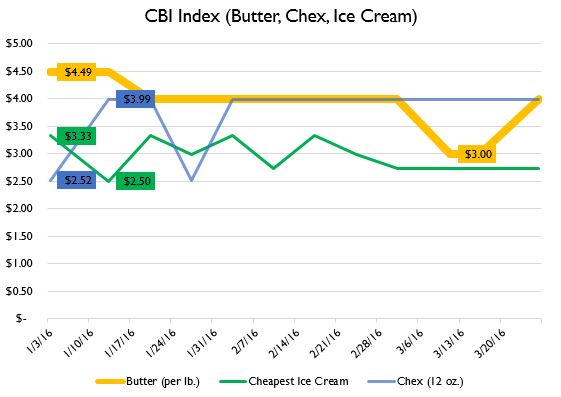Worst of the Year: Fiction
Alice Adams, Booth Tarkington, 1921
 Alice Adams is a bleak book that I would never have read absent my goal of reading all of the Pulitzer Prize winners for fiction. That project sometimes has me dipping back into the deep past for a title like this. Tarkington won in 1919 for The Magnificent Ambersons, a story that captured the moment when a family's grip on power in its town gets overwhelmed by the growth and progress of the town and the culture. That story had shadows but not like the delusional shadows of the striving Alice Adams and family in this book. Reading about people being deceitful can be stressful. Reading about people deluding themselves while deceiving others is downright squicky. I will say that it's no wonder Tarkington won the 1922 prize for this novel. It both captures a moment in the culture and feels modern enough now that it must have really appeared ahead of its time when it was originally published. Unfortunately, a depressing and unsettling book is a depressing an unsettling book. Hollywood liked, it too; it's been made into a movie twice - once in the same year it was published and later in a more well-known version with a young, dewy Katherine Hepburn playing the title role.
Alice Adams is a bleak book that I would never have read absent my goal of reading all of the Pulitzer Prize winners for fiction. That project sometimes has me dipping back into the deep past for a title like this. Tarkington won in 1919 for The Magnificent Ambersons, a story that captured the moment when a family's grip on power in its town gets overwhelmed by the growth and progress of the town and the culture. That story had shadows but not like the delusional shadows of the striving Alice Adams and family in this book. Reading about people being deceitful can be stressful. Reading about people deluding themselves while deceiving others is downright squicky. I will say that it's no wonder Tarkington won the 1922 prize for this novel. It both captures a moment in the culture and feels modern enough now that it must have really appeared ahead of its time when it was originally published. Unfortunately, a depressing and unsettling book is a depressing an unsettling book. Hollywood liked, it too; it's been made into a movie twice - once in the same year it was published and later in a more well-known version with a young, dewy Katherine Hepburn playing the title role.Honorable Mentions
Bucky F*cking Dent, David Duchovny (whom I love), 2016
Shampoo Planet, Douglas Coupland (whom I adore), 1992



















